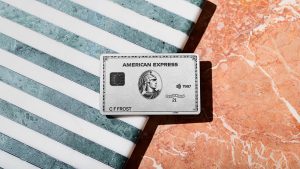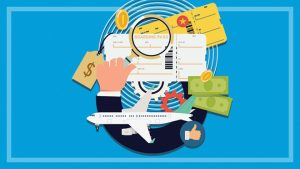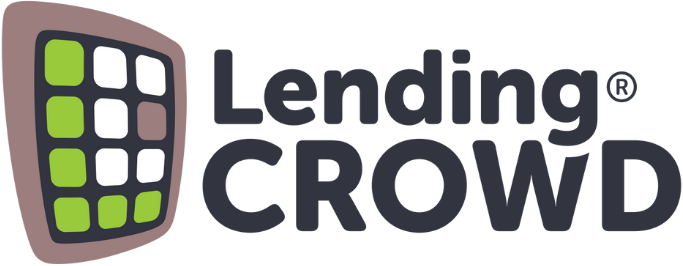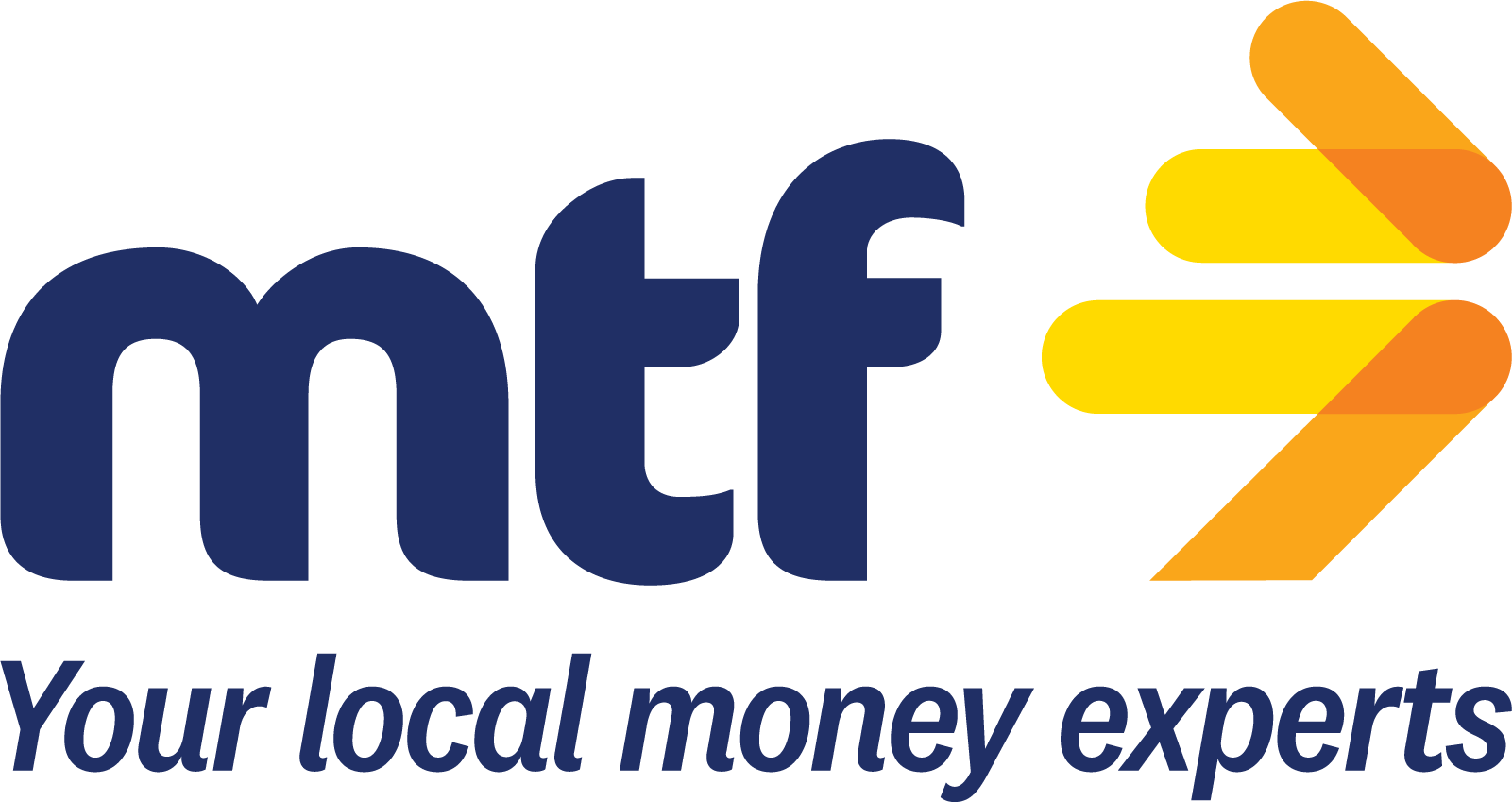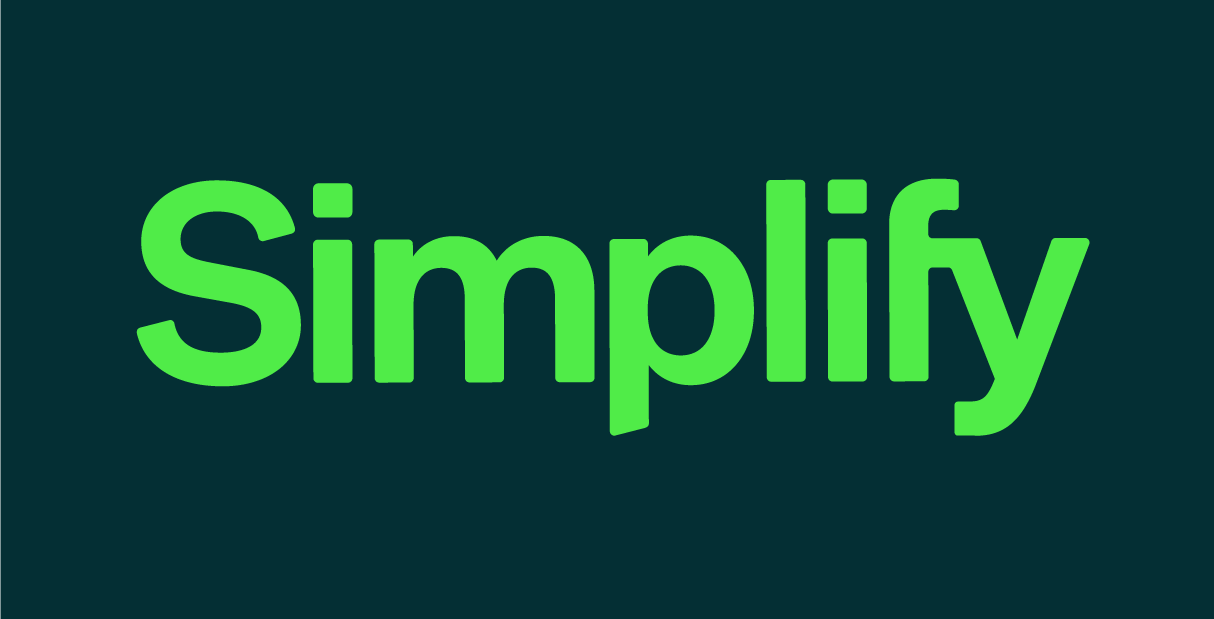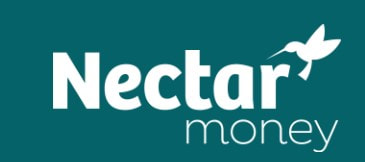Before you continue...
Make sure you meet the following criteria:
- Hold a valid New Zealand Drivers License, or
- Hold a valid New Zealand Passport
$150
No fee
Monthly
3 years
5 years
$2,000
$100,000
$200
No monthly fee
No other fee
Monthly
2 Years
2 Years
2000
50000
Personal Loan - Secured
Rate (p.a.)
9.90% to 21.90%
You can apply online, over the phone or in person at over 50 branches spread throughout NZ
NZ’s top rated finance company on Trustpilot, with over 8,000 customers scoring MTF Finance 4.9 out of 5
Before you continue...
Make sure you meet the following criteria:
- Must be over 18 years of age
- Must have a valid NZ driver license
- Must have a regular income
Up to $376
$8.23
PPSR $10.35
$19.33
Weekly, fortnightly, monthly
3 Months
5 Years
$2,000
$500,000
Before you continue...
Make sure you meet the following criteria:
- Be at least 18 years of age
- Be a New Zealand citizen or permanent resident
- Be earning at least $500 per month
Refer and earn $250
$0 to $2,500
$0
$10 (PPSR)
Weekly, fortnightly, monthly
1 year
5 years
$5,000
$150,000
Personal Loan - Unsecured (2 - 5 years)
Rate (p.a.)
14.95% to 24.70%
Get a no obligation quote to see an indication of the rate and repayments that you will be offered. Applications are 100% online with no paperwork
There are no fees for early repayment.
$200
No monthly fee
No other fee
Monthly
2 Years
5 Years
2000
50000
Before you continue...
Make sure you meet the following criteria:
- Hold a valid New Zealand Drivers License
- 2 latest payslips
$100 to $500
$0
Broker's Fee $270
0
Monthly
1 year
7 years
$2,000
$100,000
Personal Loan Secured - A1 (3 years)
Rate (p.a.)
8.95%
Get a no obligation quote to see an indication of the rate and repayments that you will be offered. Applications are 100% online with no paperwork
There are no fees for early repayment or discharging securities.
$200
No monthly fee
$450 (PPSR)
No fee
Monthly
3 Years
3 Years
5050
200000
Before you continue...
Make sure you meet the following criteria:
- Must be 18 years or over
$0 to $795
$0
PPSR $10
Weekly, fortnightly, monthly
1 year
5 years
$2,000
$150,000
Personal Loan Secured - A1 (5 years)
Rate (p.a.)
12.70%
Get a no obligation quote to see an indication of the rate and repayments that you will be offered. Applications are 100% online with no paperwork
There are no fees for early repayment or discharging securities.
$200
No monthly fee
$450 (PPSR)
No fee
Monthly
5 Years
5 Years
5050
200000
Before you continue...
Make sure you meet the following criteria:
- Must have a New Zealand drivers license or passport
- Must upload bank statements via credit sense or via pdf
$240
$1.75 Administration Fee payable per repayment
No fee
Weekly, fortnightly, monthly
6 months
5 Years
$2,000
$50,000



